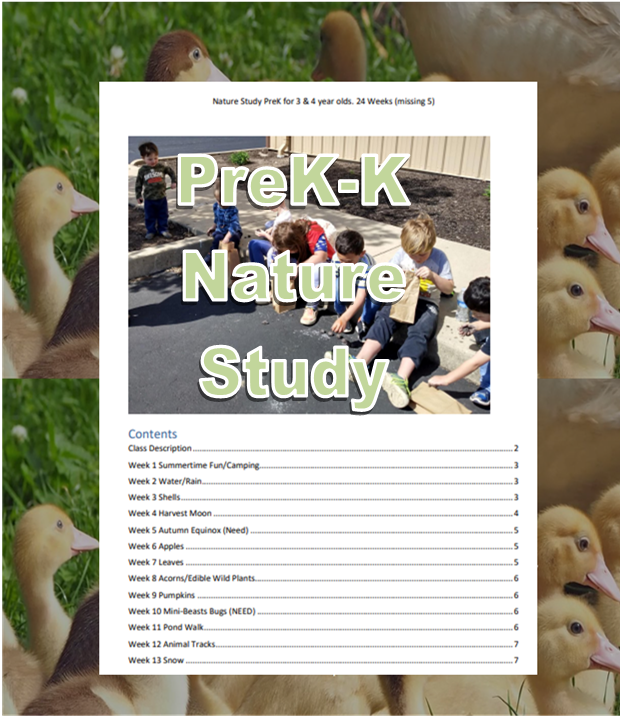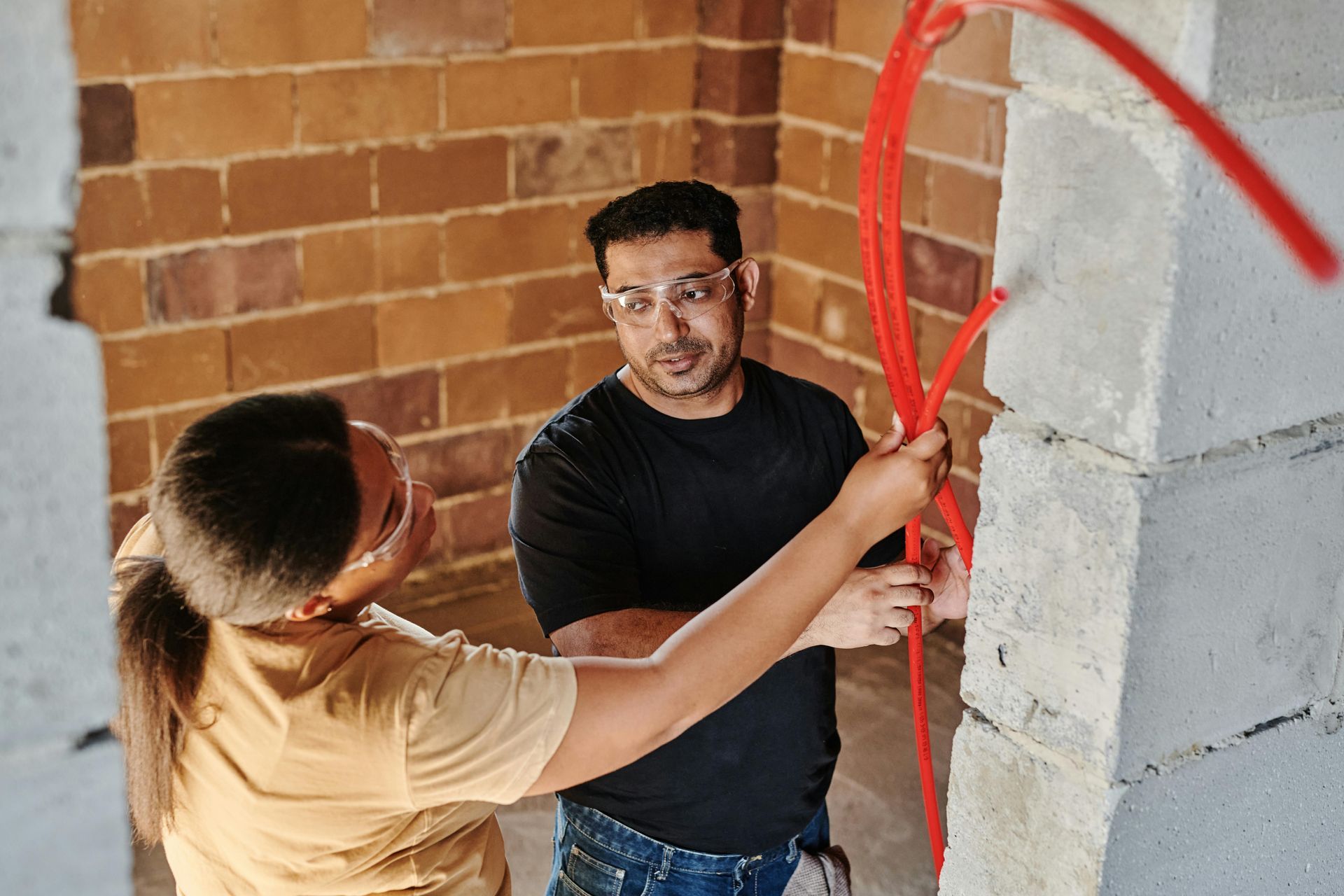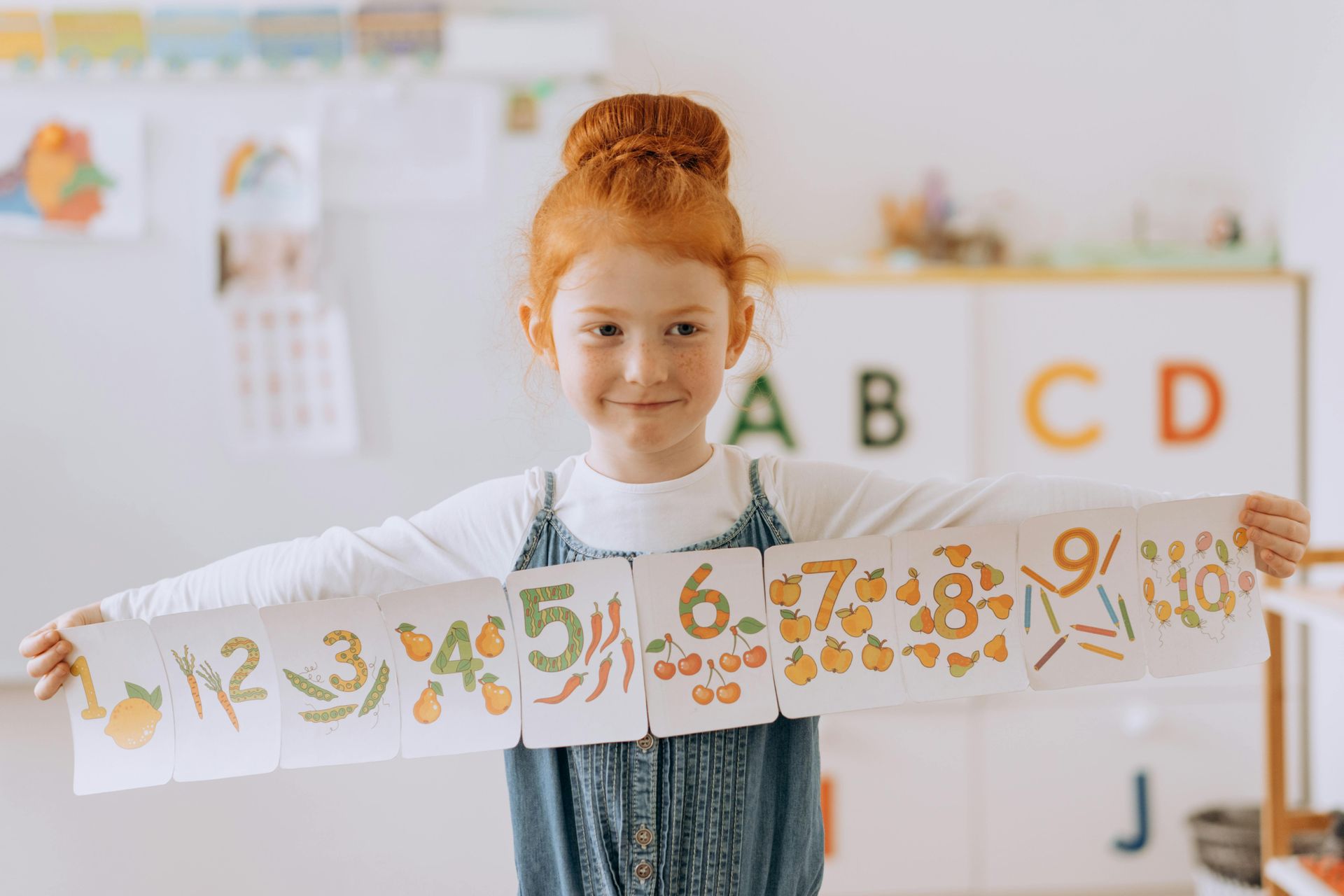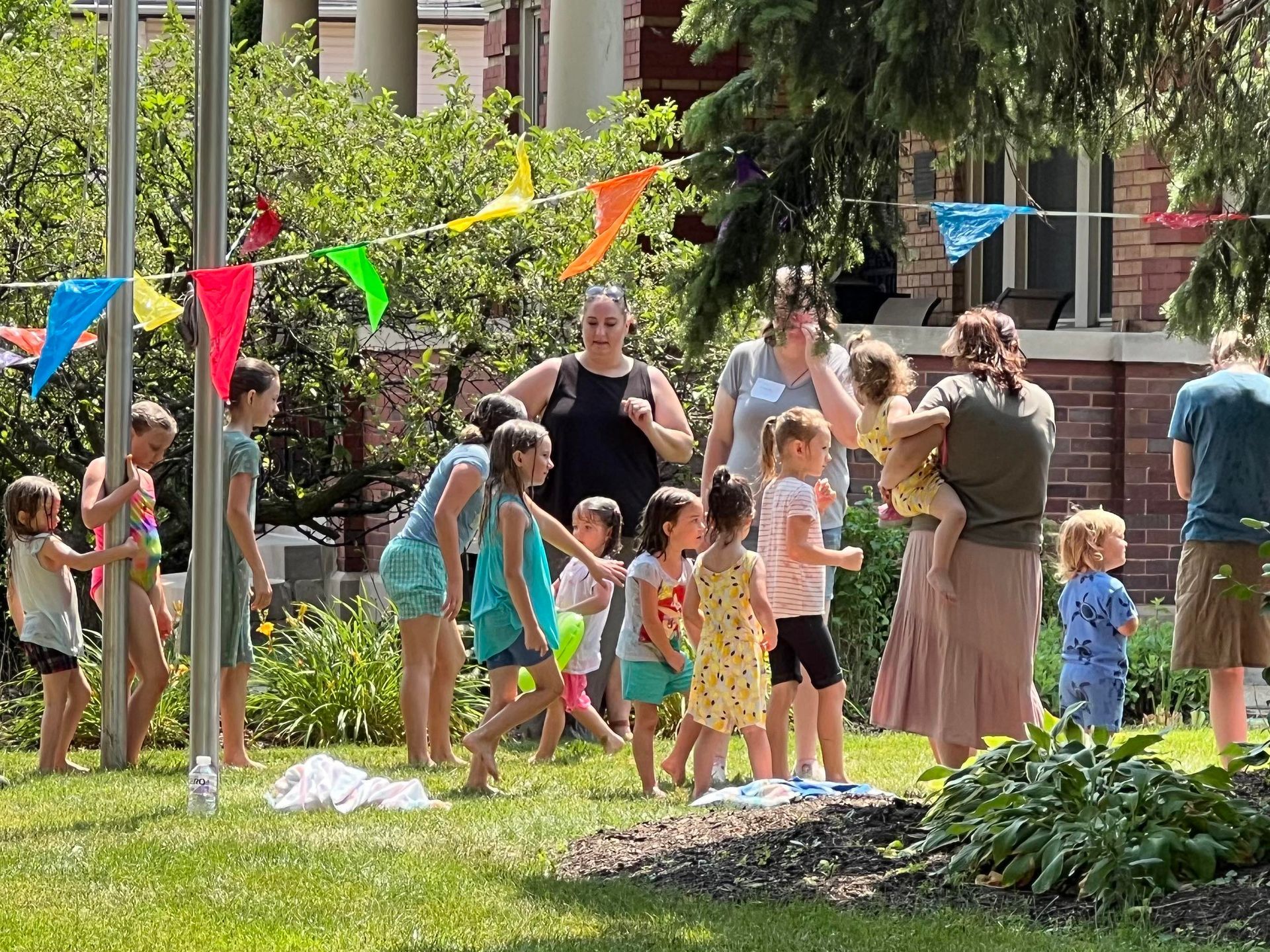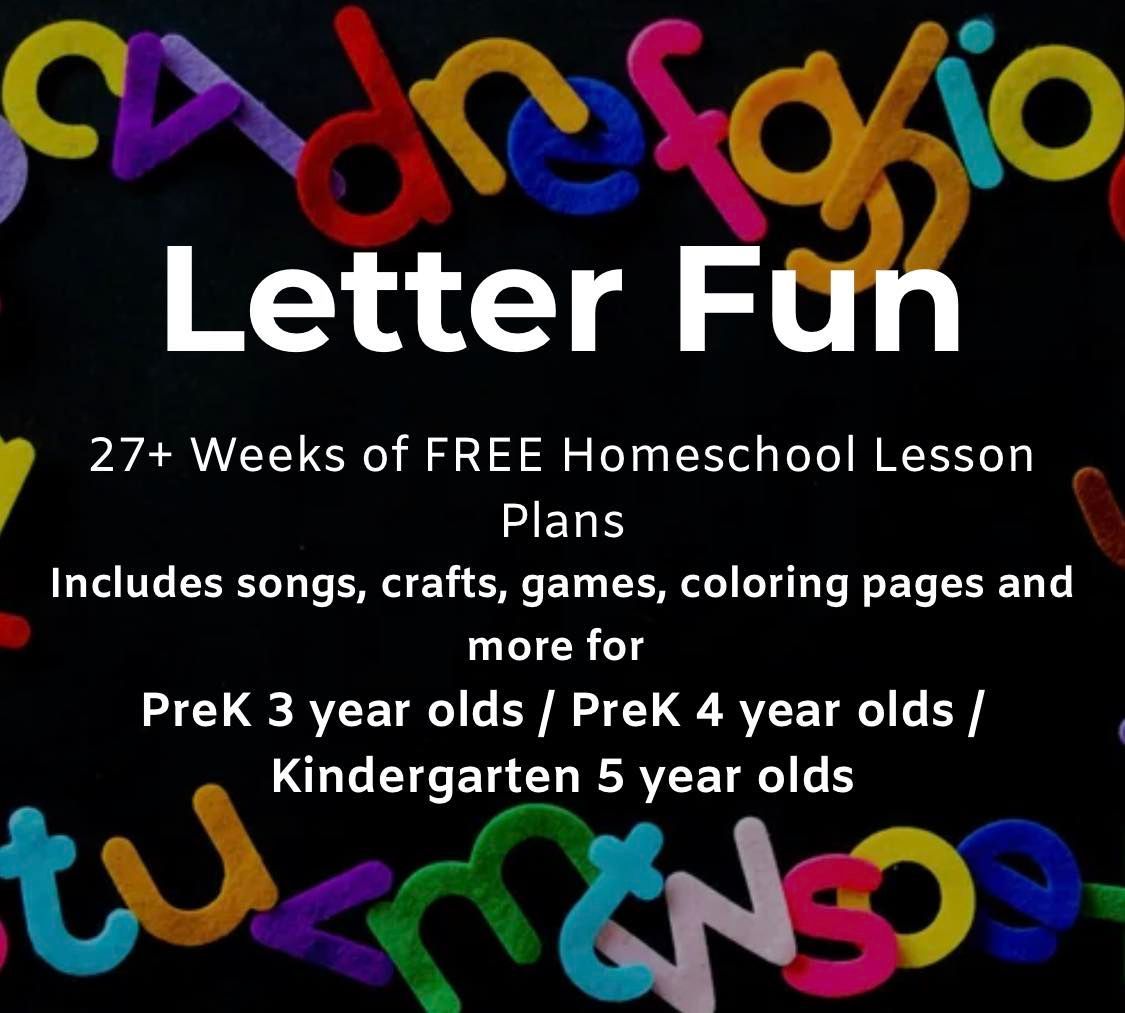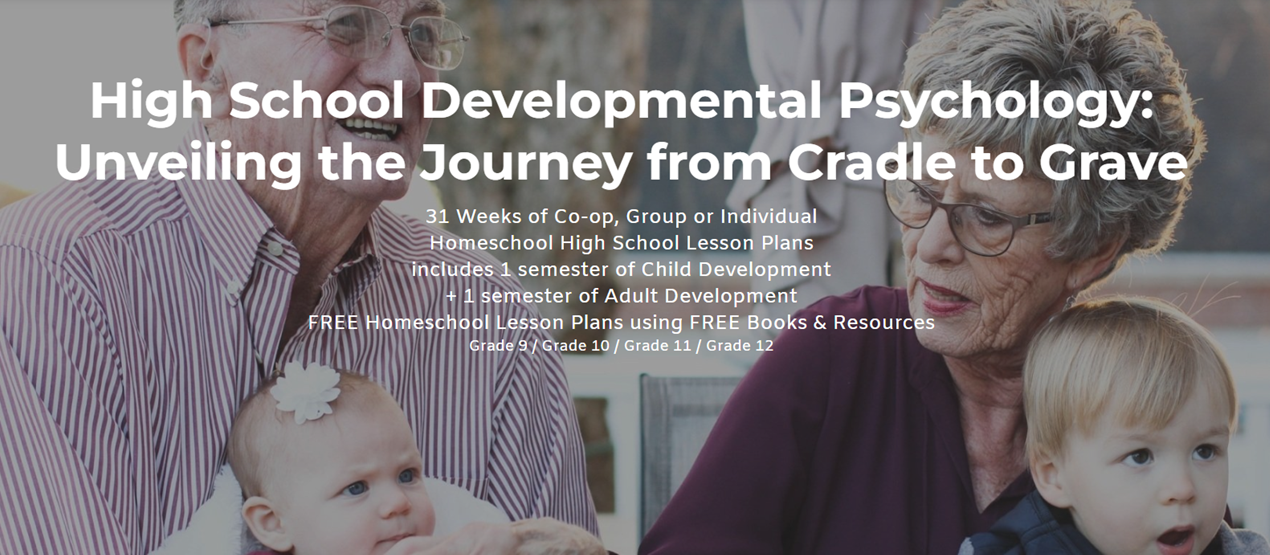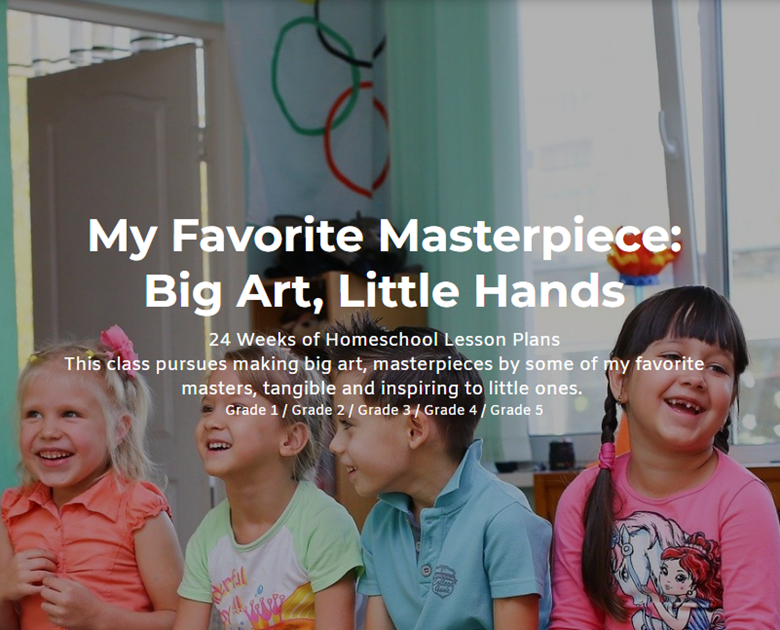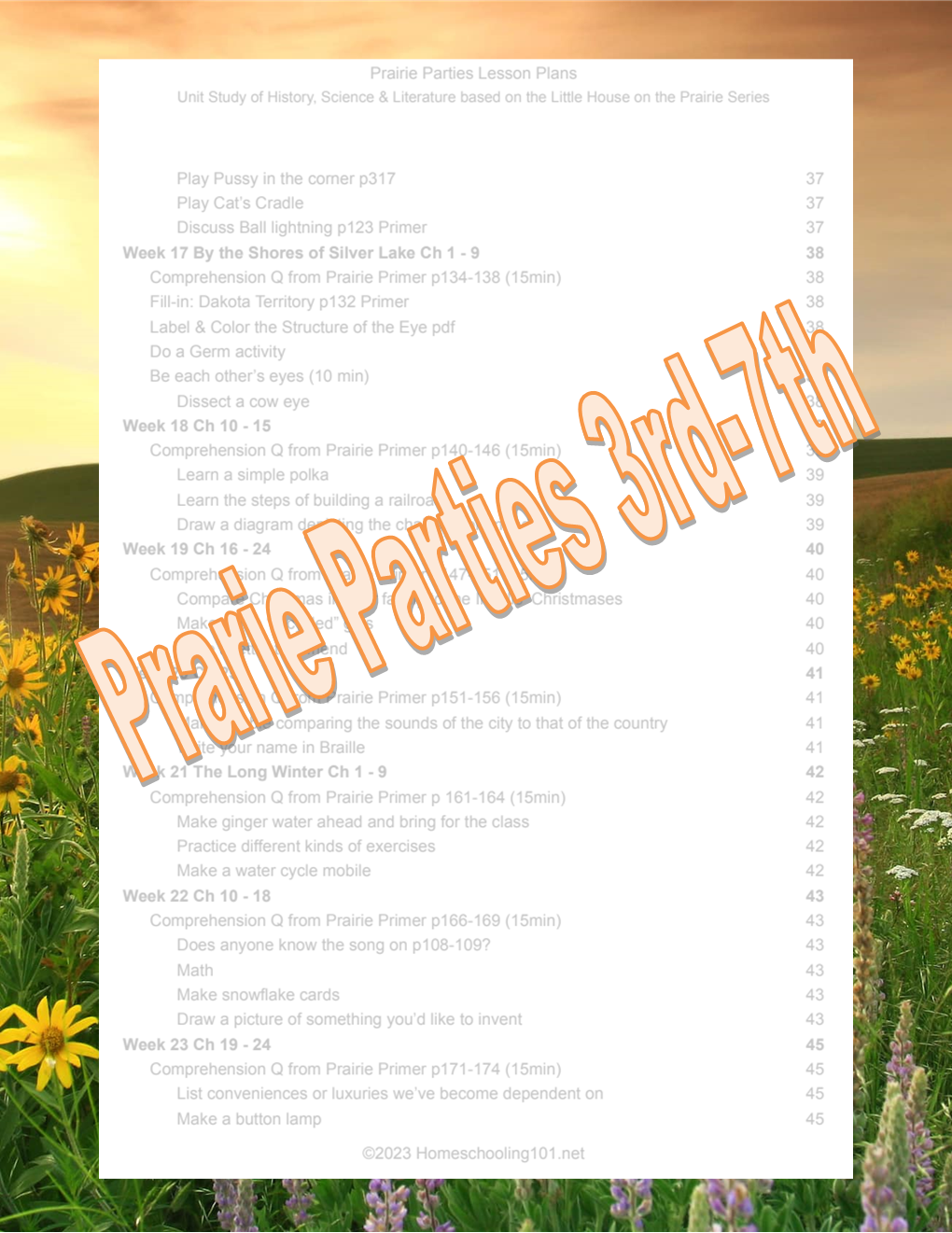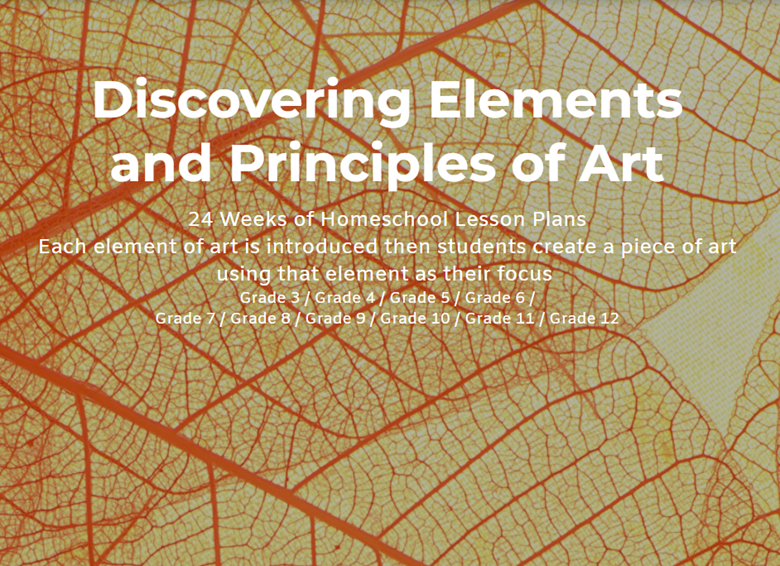What's My Homeschooling Style? Quiz
Which Homeschool Approach Fits Your Family?
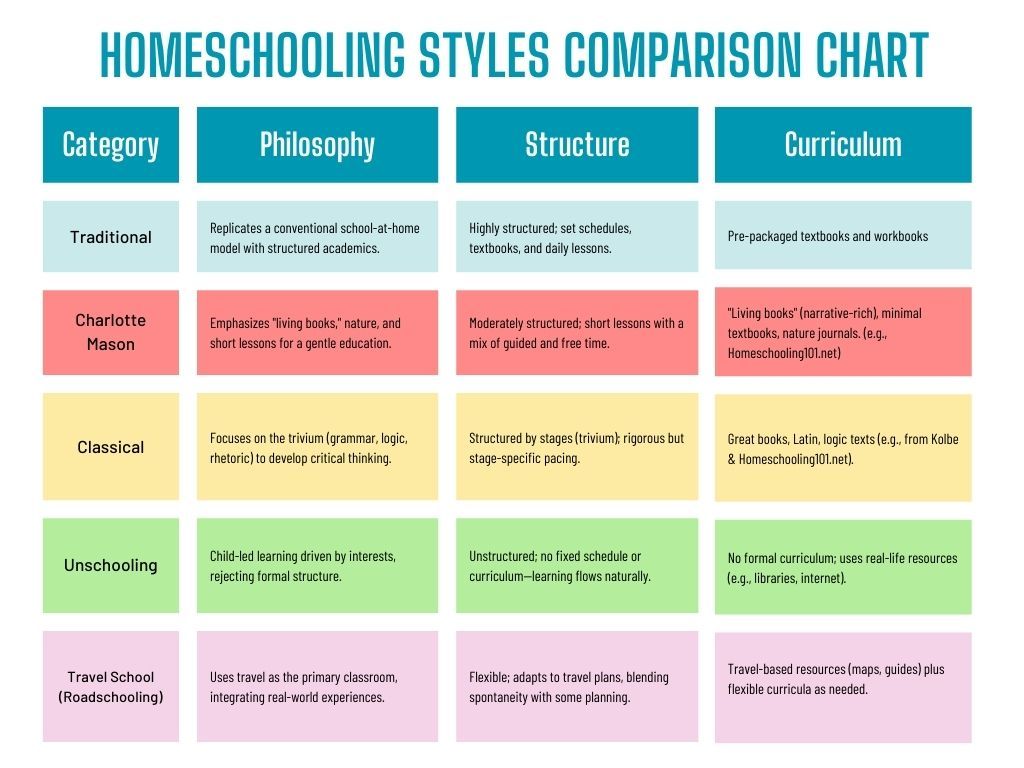
Discover the homeschooling style that matches your values, goals, and lifestyle! Choose the answer that best reflects your preferences for each question. There’s no right or wrong—just what feels right for you.
1. What’s your ideal daily learning routine?
A. A flexible schedule driven by my child’s interests, with minimal structure.
B. A structured day with set times for core subjects like math and reading, similar to a classroom.
C. A mix of planned lessons and spontaneous activities, depending on what works best.
D. Short, focused lessons in the morning, with afternoons for nature walks and reading aloud.
2. How do you view the role of textbooks in education?
A. They’re unnecessary—real-world experiences and curiosity guide learning best.
B. They’re essential for providing a comprehensive, grade-level curriculum.
C. They’re helpful for some subjects but should be balanced with hands-on projects.
D. They’re less important than “living books” that bring subjects to life through stories.
3. What’s your approach to teaching history?
A. Let kids explore historical topics that spark their interest, like through museum visits.
B. Follow a chronological curriculum with textbooks and worksheets to cover key events.
C. Use a blend of timelines, stories, and projects tailored to my child’s age.
D. Read classic literature and biographies to immerse kids in historical periods.
4. How do you incorporate travel into learning?
A. Travel is the classroom—geography, culture, and history come alive on the road.
B. Travel is a fun break, but core learning happens at home with structured lessons.
C. Travel inspires unit studies or projects, blending adventure with academics.
D. Occasional trips to historical sites or nature reserves enhance our studies.
5. What’s your stance on formal assessments?
A. They’re not needed—learning is shown through projects and conversations.
B. Regular tests and quizzes ensure my child meets grade-level standards.
C. Some assessments are useful, but I also value creative ways to show progress.
D. Gentle evaluations, like narrations, help kids process what they’ve learned.
6. How do you approach teaching multiple subjects?
A. Subjects blend naturally as kids pursue their passions—no strict divisions.
B. Each subject has dedicated time, with clear goals for math, science, etc.
C. I mix and match resources to cover subjects in a way that suits my child.
D. Subjects like literature and science connect through big ideas and discussions.
7. What role does classical literature play in your homeschool?
A. It’s optional—kids read what interests them, from comics to modern novels.
B. It’s part of the language arts curriculum, alongside grammar and writing.
C. I include some classics but balance them with contemporary books or media.
D. It’s central—great books shape critical thinking and moral development.
8. How do you handle a child’s struggle with a subject like math?
A. Let them explore math through real-life activities, like cooking or budgeting.
B. Use a structured program with drills and practice to build mastery.
C. Try different methods, like games or online tools, until something clicks.
D. Use short lessons and manipulatives to make it engaging without pressure.
9. What’s your goal for your child’s education?
A. To foster curiosity and a lifelong love of learning through freedom.
B. To prepare them for college or career with a solid academic foundation.
C. To balance academic skills with creativity and personal growth.
D. To cultivate wisdom and virtue through beauty and great ideas.
10. How do you see your role as a homeschooling parent?
A. A facilitator, guiding my child’s self-directed learning journey.
B. A teacher, delivering lessons and ensuring academic progress.
C. A coach, adapting resources to meet my child’s unique needs.
D. A mentor, sharing knowledge through stories, nature, and discussions.
Scoring Guide
Count how many times you chose each letter (A, B, C, D). The letter with the most selections indicates your likely homeschooling style preference. If you have a tie, you might lean toward Eclectic or a blend of styles. Here’s what each letter represents:
- A: Unschooling
You value child-led learning and believe education flows naturally from interests and experiences. Formal curricula and schedules take a backseat to curiosity-driven exploration. - B: Traditional
You prefer a structured, school-like approach with textbooks, schedules, and clear academic goals. Consistency and measurable progress are key for you. - C: Eclectic
You mix and match methods, tailoring education to your child’s needs with a blend of resources, from textbooks to hands-on projects. Flexibility is your strength. - D: Charlotte Mason
You emphasize “living books,” short lessons, and nature study to nurture a love of learning. Education is about beauty, ideas, and gentle growth.
If several answers leaned toward travel-related learning (e.g., Question 4, option A), you might also resonate with Travel School (Roadschooling), where education happens through travel and real-world experiences, often blending with other styles like Unschooling or Eclectic.
For Classical learners, you might notice a preference for answers that align with great books, logic, and structured stages (e.g., Question 7, option D, or Question 9, option D). If you didn’t strongly favor one style but liked rigorous academics, Classical might still be worth exploring—it often overlaps with Charlotte Mason or Traditional.
Next Steps
Curious about your results? Research your top style further! For example, check out Homeschooling101.net for free lesson plans that can adapt to Traditional, Charlotte Mason, or Eclectic approaches, or explore Ambleside Online for Charlotte Mason resources. If Travel School calls to you, look into blogs like Roadschooling America for tips on learning on the go. Whatever your style, homeschooling offers endless ways to spark your child’s love of learning!




